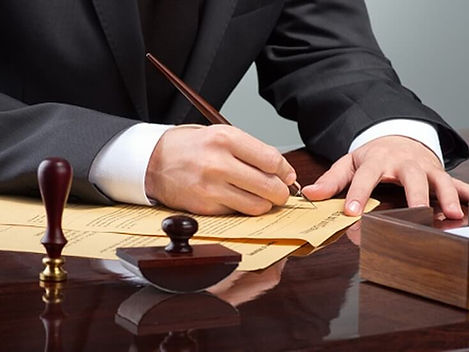By Tanya Mehta & Anamika Jha
Imagine you got up one fine morning, and social media is buzzing up with your private chats. You are scared by the thought that everybody is reading your message and judging you. “Who might have leaked my chat?” “I had submitted my phone a few days back to a law enforcement authority to cooperate in an ongoing investigation”. Have they leaked it? Can they do that legally?” These must be the questions rushing in your brain.
Recently, it is a new trend, “celebrity chat, has gone viral!” For example, many news channels covered Aryan Khan’s leaked WhatsApp chat immediately after his arrest in a Narcotics matter. Let’s come to the central question. Is it legal for an investigation agency to read and share your private messages? Does not it amount to the breach of privacy? What protocol must police follow while dealing with private chats? We know this is not a media and entertainment law question. However, this issue is significant to each of us. Hence, we must understand the legal implication and remedies in such cases.
Cell phones and other electronic communication devices have become an integral part of our lives. After any criminal incident, police personnel need to check these devices to gather evidence necessarily. In the case of Virender Khanna vs the State of Karnataka, 2021, the Karnataka High Court observed that smartphones have become increasingly important in this day and age. A person’s phone is now the central device for running the affairs of the person. The single-judge bench held that the investigating officer should have no right to reveal or impart the personal information seized from the accused’s mobile or any other electronic gadget without due permission of the Hon’ble Court. Hence, the police have to take due permission of the person before accessing the private chat during the investigation. Police are needed to apply to the Court to issue a formal notice under Section 91 of the Criminal Procedure Code, 1973 (CrPC). Under Section 91 of CrPC, the Court can summon any person to documents or other things for investigation, trial, or inquiry. Further, the police can get a search warrant under Section 93 CrPC from the Court if the person refuses to share a document or thing of interest to a case in their possession. However, randomly stopping people, checking their phones, going through personal chats, and sharing them with media without their consent is not legal and is against a person’s fundamental right to privacy. A nine-judge bench of the Supreme Court in the case of Puttuswamy v. Union of India has declared that the right to privacy is a fundamental right protected under Article 21 of the Constitution of India.

In recent events, common phrases used in WhatsApp chats are interpreted as incriminating material to criminal offences like buying drugs or planning terrorist activities. For example, in the Delhi riots hearing, NIA v. Mohd. Salman & Ors., NIA claimed that the word “ghee” denotes explosives. However, Special Judge observed that there is no evidence on record based on which such meaning can be given to these words. We have seen in Aryan Khan’s matter “having a blast” (as referred to in a WhatsApp chat) was interpreted as their act to do drugs. It is the right and duty of the judiciary to interpret a piece of evidence (including personal messages) in a certain manner. However, a dangerous trend is getting set in all high-profile cases; conversations are leaked and left open for public and media trial scrutiny. In this process, it appears that nobody cares that such chats are confidential and leaking them is an illegal act. Such an act can cause grave harm to the person’s reputation and jeopardize their case before trial in Court. In Dnyaneshwar v. the State of Maharashtra, it was held that Illegal search violates the fundamental right to privacy; the State was directed to pay compensation for the same.
While India needs to take stricter actions to curb narcotics and terrorism-related crimes, we need to develop better protocols that adapt to the newer technology and devices. We need codified privacy laws like the Privacy Act 1974 of the United States of America. A codified law must explain the right of individuals to be protected against an unwarranted invasion of their privacy from the collection, maintenance, use, and disclosure of personal information. There must be a well-defined procedure to deal with the breach of privacy by a government agency. We have a plethora of judgments (as discussed in the previous paragraphs) dealing with this issue. However, statutory laws shall give it execution teeth.
Further, we need to be aware of our existing laws and rights. Today, we cannot remain indifferent and neutral regarding laws and rights. If we as citizens raise our voices, then only we shall bring favourable changes.







